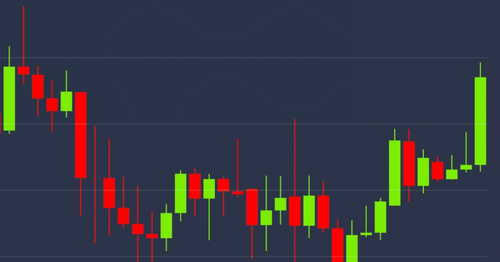The news comes after ethereum developer Virgil Griffith was arrested and more recently indicted over attending the conference to give a talk last April. Griffith has been charged with conspiracy to violate the International Emergency Economic Powers Act.
The United Nations is warning about the risks of attending North Korea’s cryptocurrency conference in February.
Reuters reports Wednesday that going to the event would probably be a violation of international sanctions, according to a confidential report soon to be put before the U.N. Security Council.
North Korea has been accused in another UN report of funding its weapons of mass destruction program with hacks of cryptocurrency exchanges, as well as banking institutions. The August 2019 report said North Korea has used “widespread and increasingly sophisticated” hacks to amass around $2 billion, which is laundered over the internet.
Any effort seen to be enabling the regime’s efforts to circumvent sanctions would likely be illegal under UN rules.
“Supporting the DPRK’s use of cryptocurrency and blockchain technology, risks violating the Security Council’s resolutions because it would unavoidably increase the DPRK’s ability to subvert sanctions and generate revenue for its weapons programs”, an anonymous British government spokesman told Reuters.
The website for the North Korean event is reportedly seeking to attract U.S. attendees, saying their passports will not be stamped on entry, helping obfuscate their visit.

An excerpt from the new UN report, seen by Reuters, states that past talks at the crypto conference “have included explicit discussions of cryptocurrency for sanctions evasion and money laundering.”
University College London Joins Hedera Hashgraph as Council Member, Research Partner
Hedera Hashgraph, the company behind the blockchain-like Hedera network, is adding one of the world’s top universities to its governing council.Hedera announced Wednesday the University College London (UCL) is joining the council to run a node on the hashgraph, offer the Hedera Consensus Service to students and faculty and participate in forthcoming sub-committees that Hedera plans to create. UCL is also undertaking blockchain and governance research with Hedera.
“They’re very forward-thinking in the DLT space”, Hedera CEO Mance Harmon said of UCL.
The public research university is the third-largest university in the United Kingdom by total enrollment. It will be the first university and 13th member to join Hedera’s governing council.
Until now, the governing body has been made up primarily of blue-chip companies including IBM, Boeing, Deutsche Telekom, Tata, Nomura and bank-tech vendor FIS.
Earlier this month, UCL and the European Commission entered into a partnership with the International Association for Trusted Blockchain Applications (INATBA) to coordinate blockchain providers responding to the COVID-19 health crisis in Europe.
Separately, software development firm Acoer is already using the hashgraph to create a digital timestamp service for a COVID-19 database it is developing in coordination with the U.S. Centers for Disease Control and the World Health Organization, Harmon said.
Paolo Tasca, executive director of the UCL Centre for Blockchain Technologies, said the school was attracted to Hedera Hashgraph after seeing its asynchronous byzantine fault tolerance, which has a lighter carbon footprint than other consensus mechanisms.


